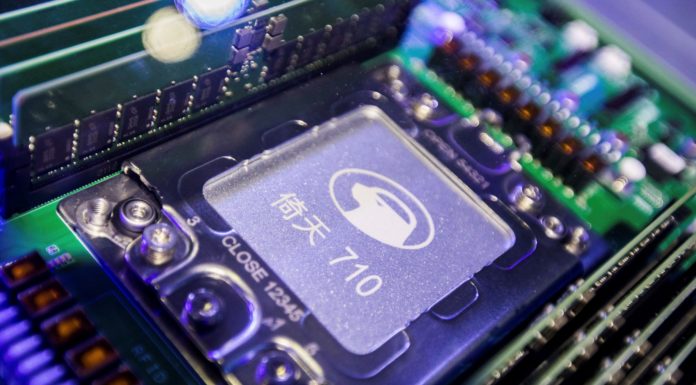(Patrick Carroll, Foundation for Economic Education) Of all the problems in the world right now, the chip shortage probably isn’t the chief concern for most people, but that doesn’t mean it’s not a serious issue.
The auto and tech sectors have faced unprecedented delays and rising prices in recent months. Some used cars are even selling for more than their new counterparts because of the delays, a sure sign that production has slowed dramatically.
To address this, Congress is contemplating bipartisan legislation known as the Chips Act, which would provide $52 billion in grants and $24 billion in tax credits to the US semiconductor industry. Thanks to a last-minute bipartisan amendment, the bill will also put tens of billions of dollars toward various federal agencies, bringing the total price tag to $250 billion.
Because why not…
The Senate voted to advance the bill on Tuesday, which means it will likely hold a vote on final passage in the coming days. If passed, the bill will then go to the House for passage, and assuming that is successful it would then go to President Biden for signature into law.
The main arguments for the bill were summarized earlier this week in a Wall Street Journal Op-Ed penned by Jim Farley and Pat Gelsinger, the CEOs of Ford and Intel, respectively.
“The pandemic supply-chain shock exposed a problem that had been mounting for years,” they write.
“The U.S. share of global chip manufacturing has declined to 12% from 37% in 1990. South Korea and Taiwan, notably, have spent years actively investing in [read: subsidizing] their own chip manufacturing, creating an uneven playing field for U.S. chip makers that harms our economy and global competitiveness.”
They go on to list the disruptions that have occurred in the auto, consumer-electronics, and healthcare industries because of the shortage, and they warn that national defense is also at stake.
“Fortunately, a solution is within reach,” they continue, referring to the Chips Act. “In addition to boosting production of leading-edge and legacy chips, the act would help level the playing field with global competitors…This legislation is vital to many American industries, including ours, that have dealt with significant disruptions.”
“By funding the Chips Act,” they conclude, “Congress will help consumers, protect patients and strengthen the American economy and national security.”
At first glance, that Op-Ed might seem innocuous, even well-intentioned. But it doesn’t take much to realize what’s really going on here. The companies run by these CEOs stand to gain billions of taxpayer dollars—not just tax credits, but government grants—if this legislation passes.
Do you really think they wrote that because they care about the American economy and national defense? Give me a break. They wrote it because they want the money, and they will make whatever arguments they think people will buy in order to get it.
So, what’s wrong with their arguments?
For starters, there’s the classic problem of opportunity cost. Fifty-two billion taxpayer dollars being poured into these industries is 52 billion taxpayers dollars that can’t be poured into other industries.
The government is not creating resources, it is simply reallocating them, and it’s by no means obvious that this is the best use of these funds. Notably, the free market tends to allocate resources much better than the government because, unlike Congress, it is guided by actual consumer demand.



